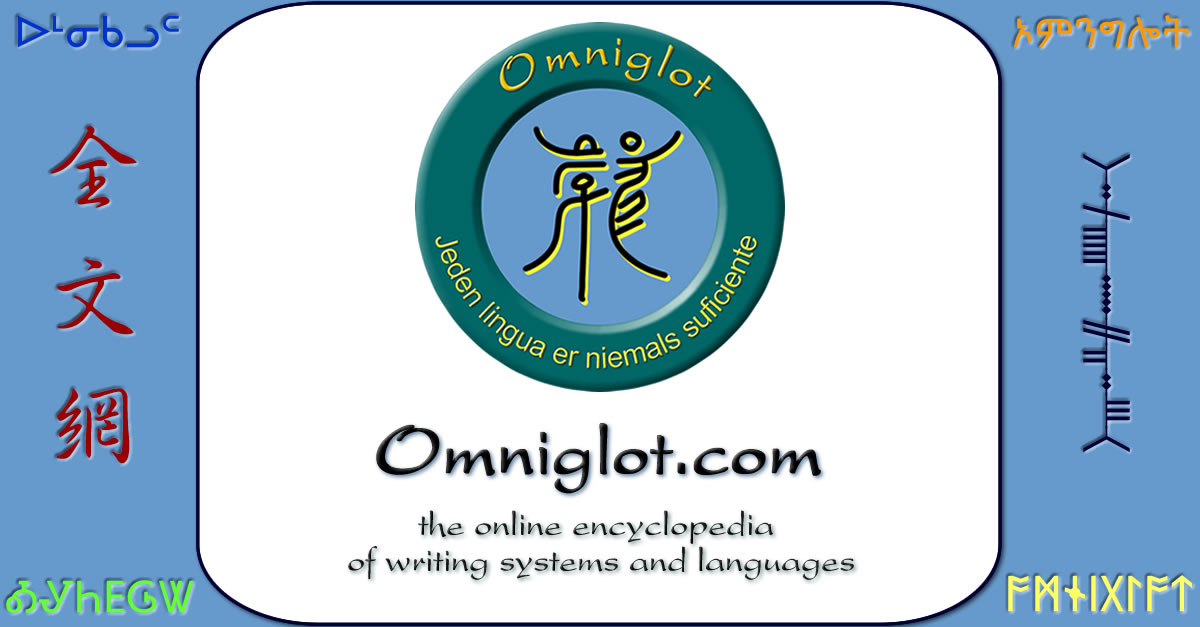Bramandin
Science fiction fantasy
- Joined
- May 5, 2022
- Messages
- 576
Gawd I feel like I should be posting this to the writing-mockery subreddit.
I do not have the interest to deal with languages, as in if there was a way to make me do things that don't excite me, I'd use it for housework first. But I also want to have bilingual characters and language-drift and dialects instead of everyone speaking a grammar-correct version of USA Midwestern.
I also do not get connotation. I remember in school that the teacher just expected me to "get it" after being made aware of it, and she'd been my remedial English teacher a few years before when I didn't need remedial English.
I dunno, does the average reader care about the nuances of language-drift and how a bilingual character's thoughts are shaped by translations, or can I just be an idiot about it and be forgiven?
I do not have the interest to deal with languages, as in if there was a way to make me do things that don't excite me, I'd use it for housework first. But I also want to have bilingual characters and language-drift and dialects instead of everyone speaking a grammar-correct version of USA Midwestern.
I also do not get connotation. I remember in school that the teacher just expected me to "get it" after being made aware of it, and she'd been my remedial English teacher a few years before when I didn't need remedial English.
I dunno, does the average reader care about the nuances of language-drift and how a bilingual character's thoughts are shaped by translations, or can I just be an idiot about it and be forgiven?


